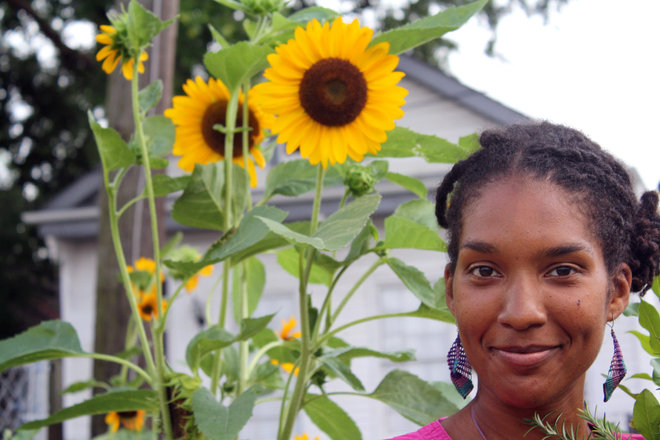
Jenga Mwendo
Youth in Algeria are `rioting’ to protest, and change the conditions of, high unemployment and high and quickly rising food prices. In Egypt, where food inflation is running at a staggering 17 percent, the women are talking once again of the food lines, and the food riots and uprisings, of 2008.
In Bolivia, shopkeepers, such as Pilar Calisaya, are battling with police because of quickly rising bread prices. As she explains, “I am not at fault”.
In China, as Xu Shengru shops for food to feed her family, she notes that cabbage, a staple, has doubled in price since last year. That’s actually the good news. Recently, rice prices rose 30 percent in just 10 days. Pepper prices rocketed an astonishing 1,000 percent. In Indonesia, where pepper prices are also scaling new heights at new speeds, the government is imploring citizens to plant chilies in their backyards.
In India, food inflation has `zoomed’ to 18.32 percent this week alone, spurred by onion, vegetable and milk price rises. Last year alone, the price of onions rose 40 percent.
According to the United Nations Food and Agriculture Organization, world food prices in 2010 hit a new high, especially cereals and sugar. Wheat prices soared, corn as well. The price of meat and of milk also rose precipitously. These are the highest prices in thirty years. Put differently, well over half the world’s population has never lived with such high prices. It’s no surprise the youth of Algeria are protesting.
The brunt is back, and yet again the analysts inform us that it’s the world’s poorest who will bear the brunt. And yet again there will be stories of individual women, such as Pilar Calisaya, or the unnamed woman in Egypt, or the unnamed woman in Algeria facing down a row of police, or Xu Shengru, and their struggles with food political economies, but there will be no analysis or reporting on the place of women in the `danger territory’ of food provision and consumption.
As the discussions of food prices, food riots, food protests, food markets, and food counter-markets spiral, keep an eye out for structural analyses of women’s positions.
One woman who knows something about women, food, crisis, is Jenga Mwendo. Mwendo is the founder of the Backyard Gardens Network in New Orleans. After Katrina, she began rebuilding her own home, in the devastated Lower Ninth Ward, and began building a new food political economy in the middle of food desert and in the midst of a food desertification. She organized the rebuilding of two community gardens, the planting of fruit trees, and more. Mwendo understands that the only buffer against the predations of market control of food is community production. For some, this would be community gardens, for others, coops. In all of these, and other alternative community food experiments and projects, women historically have been the principal agents and constituency. Women still are.
Jenga Mwendo is precisely not exceptional. Women do not only bear the brunt of the devastating food market economies. Women are neither the victims nor the survivors of food catastrophes and crises. Instead, women are the change agents, from food uprisings to community gardens, and beyond.
Meanwhile, “fresh rioting broke out in Algiers today.”
(Photo Credit: Civil Eats)